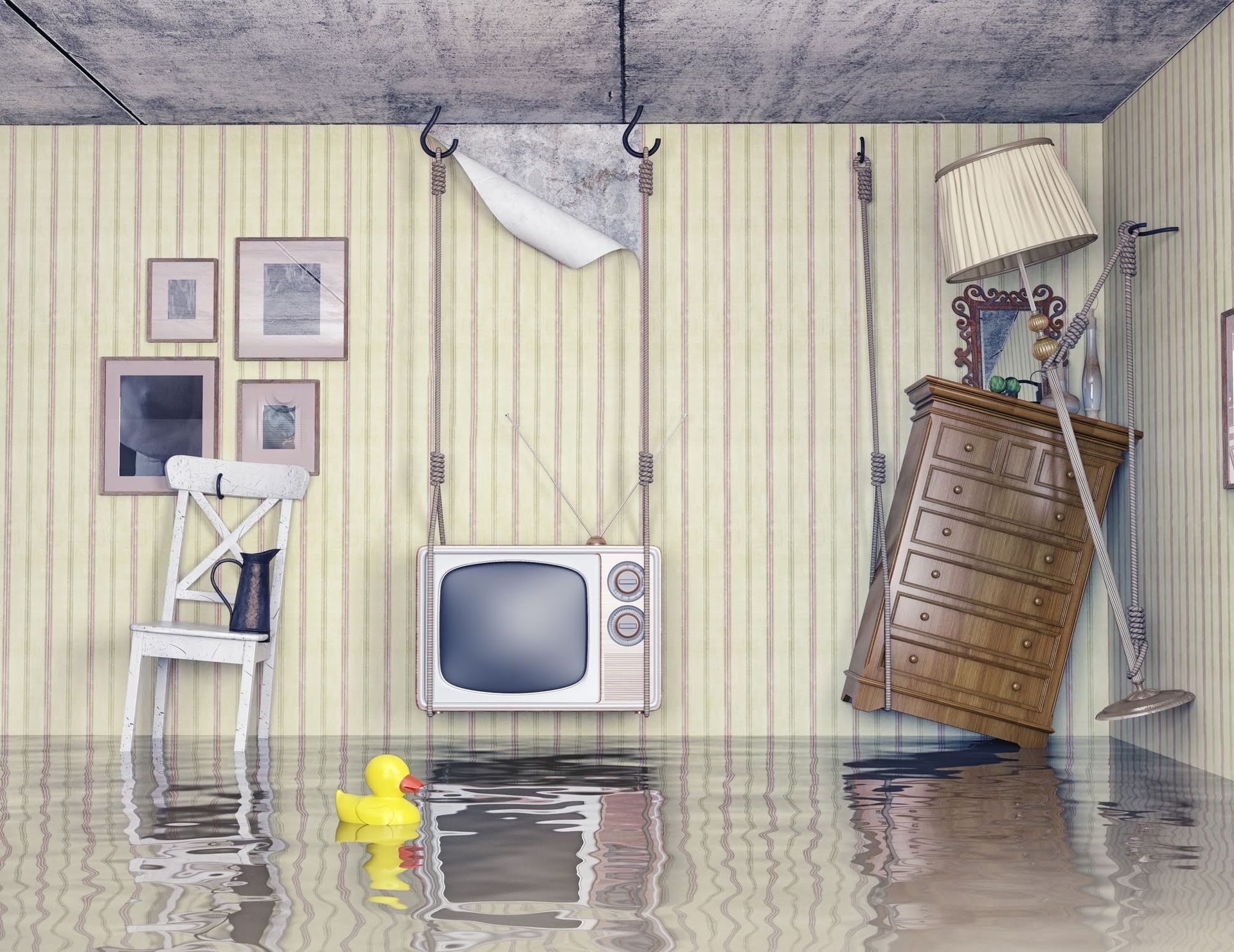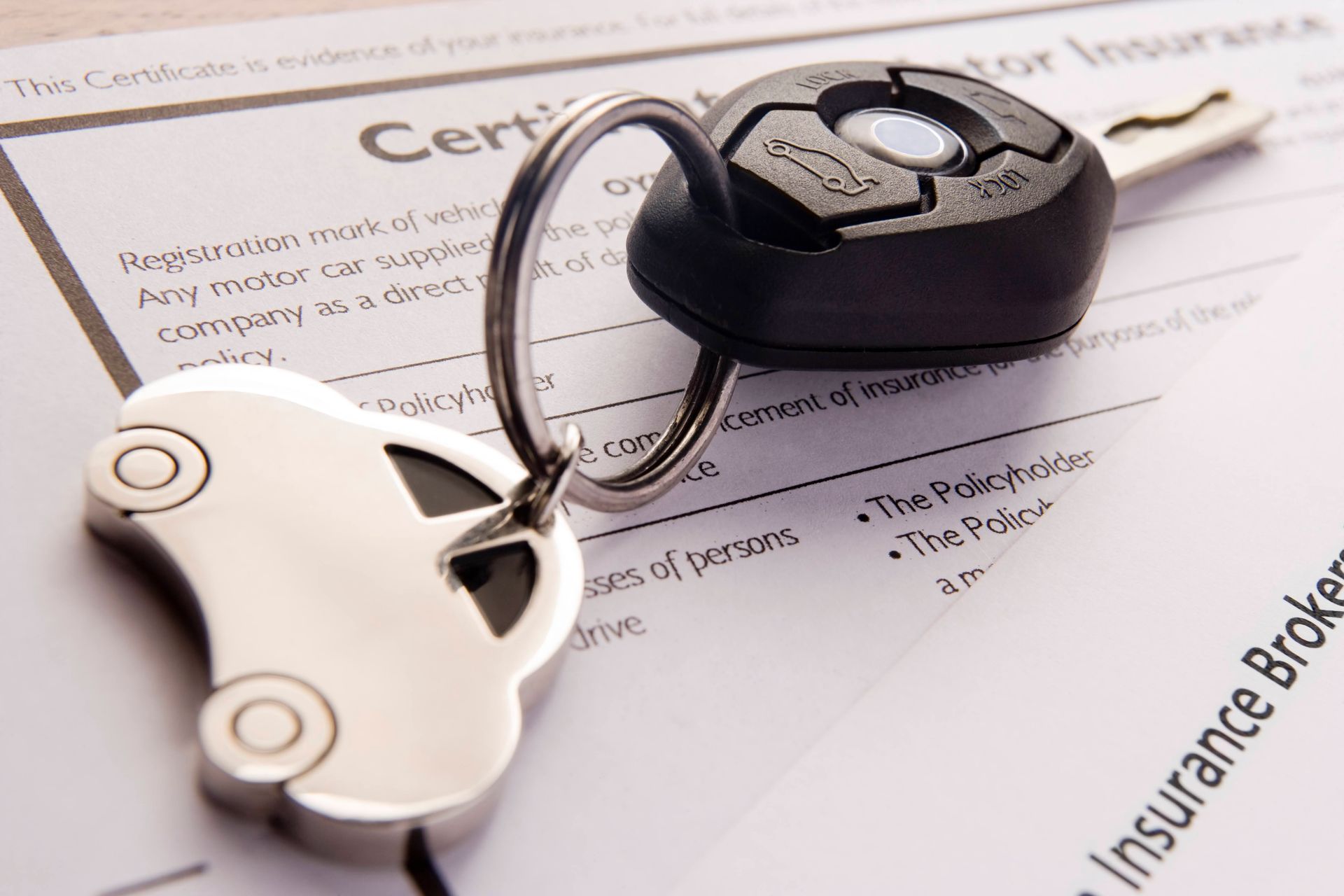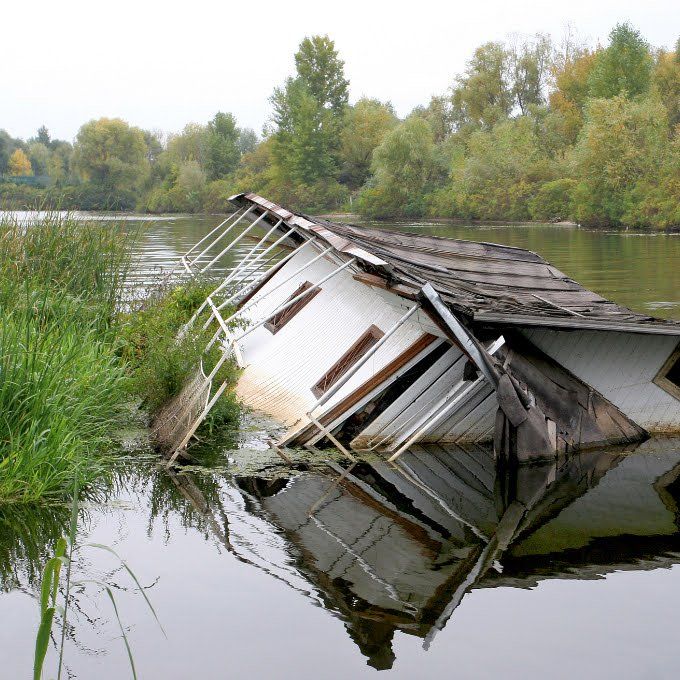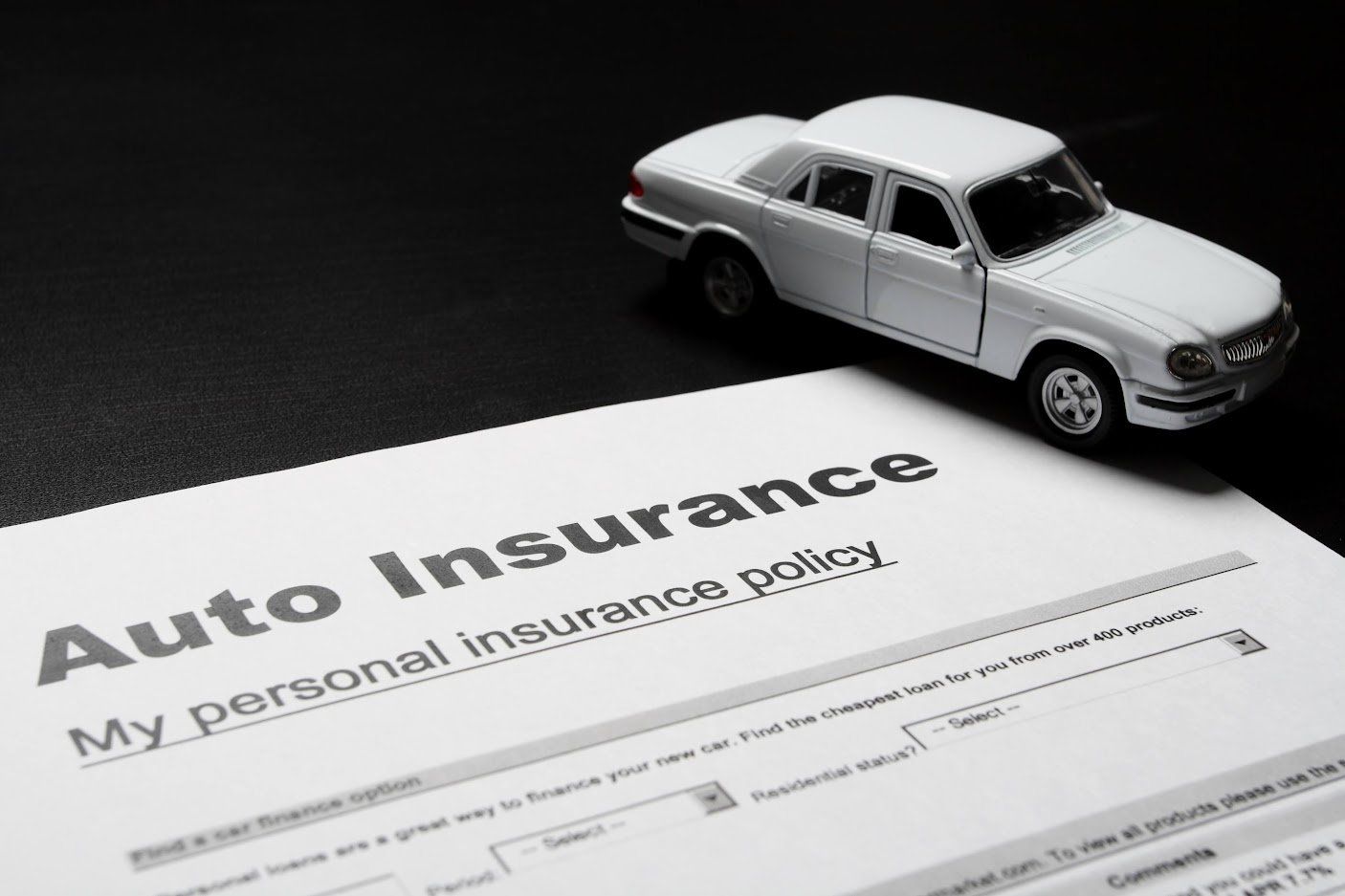4 Things to Know About Personal Property Coverage in Homeowners Insurance

Coverage for your home's structure is only half the equation with homeowners insurance. The other part of the puzzle is protection for personal belongings. While every residential home insurance policy generally covers personal belongings, the fine details are very important. Without knowing a few key specifics, you can't know for sure what's covered and what's not.
To help you learn more about your policy, discover four personal property details you may want to discuss with your homeowners insurance agent.
1. Individual Property Limits
Home insurance policies usually have a list of categories of personal goods that are subject to individual limits for that category. You may commonly see such limits for firearms, jewelry, cash, watercraft, and trailers, for example.
These individual limits are often similar across the board for most policies. If you often keep more in your home for business or investment purposes, you may need to buy a rider or additional policy to boost that limit to one more tailored to your needs.
2. Business Use Limits
Increasingly, Americans use their homes for income-producing activities. Whether this is a home business or you work as an employee, personal property in the business venture often comes with its own coverage limits.
This can be sufficient for some business activities, such as a remote worker who uses their desktop computer for work. But if your work calls for specialized tools or equipment, a large volume of tools, or irreplaceable documents, you may need a different policy to cover these more highly valued items.
3. Household Member Limits
Your and your family members' belongings are covered by your homeowners insurance. However, this may not include everyone in the home at any given time.
Your tenant renting a converted mother-in-law suite, your children's friend bunking with you for the summer, or your buddy's tools in the shed may not all be covered. However, your daughter's belongings in storage while she is at college may be covered. Because each household's makeup is unique and may change, discuss with your agent what is or is not covered when taking on borrowed items or temporary guests.
4. Replacement Cost Limits
Finally, just because your personal property coverage sets a limit does not mean that is what you will receive for a loss. Policies generally specify how the reimbursement amount is calculated. This may or may not correspond to your actual costs.
The most common methods are cash value (replacement cost minus depreciation), replacement cost (replacement cost without deducting depreciation), and replacement cost plus an overage. These may sound very similar, but they all have different impacts depending on the age of your belongings, their original value, depreciation tables, and how easy or difficult it is to replace them.
For instance, imagine that you are a homeowner whose grand piano was damaged in a covered flood. Buying a replacement of the same type and quality would take $2,000 in today's dollars. This would likely be what you get with a replacement cost policy. However, an actual cash value policy might take that $2,000 and subtract $1,000 of calculated depreciation, or wear and tear, first. The difference can be significant.
Do you know the specifics of all these factors regarding your personal property coverage? If not, start learning the answers by meeting with Clover Insurance Agency in Chicago today. Our homeowners insurance agents can help you assess your current coverage and options as well as the personal property you need to cover. By finding the right balance between cost and improved coverage, you will gain confidence in your insurance protection. Make an appointment today to learn more.














